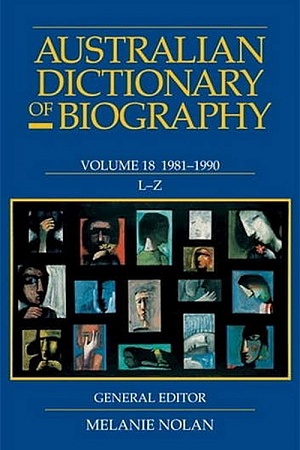The Woman Who Cracked the Anxiety Code: The extraordinary life of Dr Claire Weekes
Scribe, $39.99 pb, 416 pp
The Woman Who Cracked the Anxiety Code: The extraordinary life of Dr Claire Weekes by Judith Hoare
On Boxing Day 1962, The Australian Women’s Weekly opened with a two-page spread on a new publication, Self Help for Your Nerves, by Sydney physician Dr Claire Weekes. Her four precepts for people suffering from ‘nerves’ appeared in huge, bold type: facing, accepting, floating, and letting time pass. Positive reviews followed, including one by Max Harris in ABR’s December 1962 issue. Wary of the ‘help yourself psychiatry’ genre, Harris was quickly persuaded by its ‘particular excellence’. The book went on to become a bestseller in the US and UK markets, and Weekes followed it up with four more.
It is clear from the response to Weekes’s books that anxiety, in its various manifestations, was already a common complaint in the 1960s. The key word was ‘nerves’: people had a nervous disorder, or a nervous breakdown. Most of the terms we use for types of anxiety – post-traumatic stress disorder, agoraphobia, claustrophobia, obsessive-compulsive disorder – were not in common use then, or not yet coined. Treatments offered by psychiatrists ranged from Freudian psychoanalysis to exposure therapy, with an increasing reliance on drugs. Weekes advocated a different, biological approach, which anticipated by decades the Acceptance and Commitment Therapy (ACT) developed by Professor Steven C. Hayes from the University of Nevada. The patient was encouraged to take charge of her own body, fully experiencing the panic and passing through to the other side.
Continue reading for only $10 per month. Subscribe and gain full access to Australian Book Review. Already a subscriber? Sign in. If you need assistance, feel free to contact us.














Leave a comment
If you are an ABR subscriber, you will need to sign in to post a comment.
If you have forgotten your sign in details, or if you receive an error message when trying to submit your comment, please email your comment (and the name of the article to which it relates) to ABR Comments. We will review your comment and, subject to approval, we will post it under your name.
Please note that all comments must be approved by ABR and comply with our Terms & Conditions.